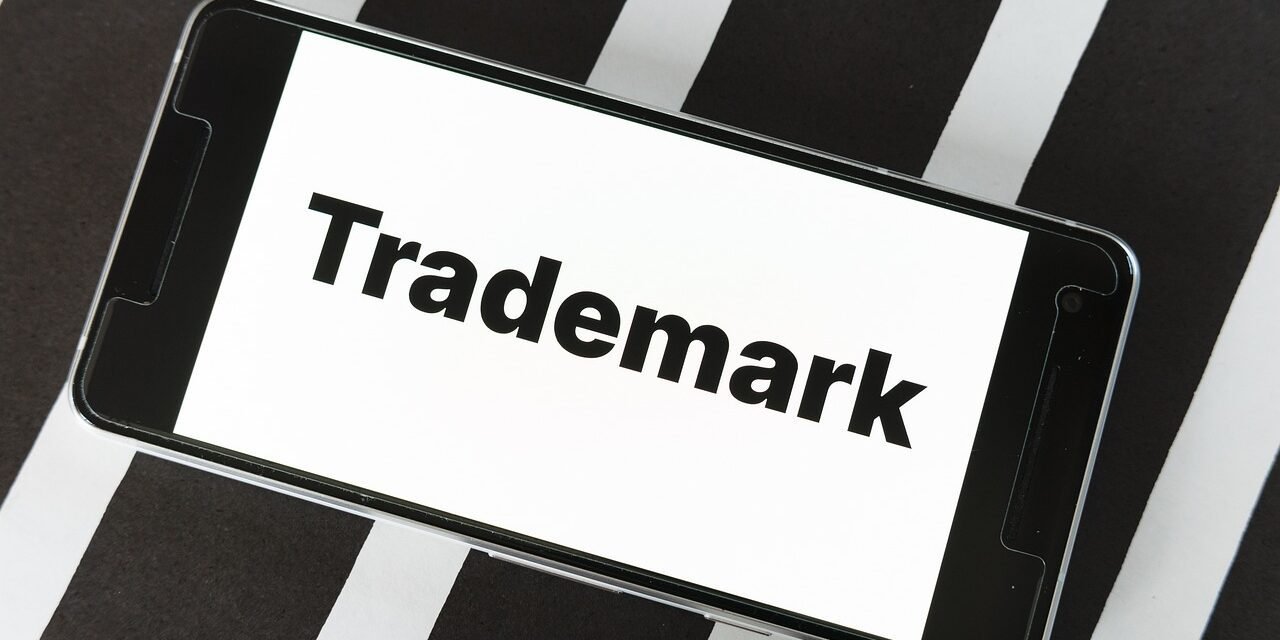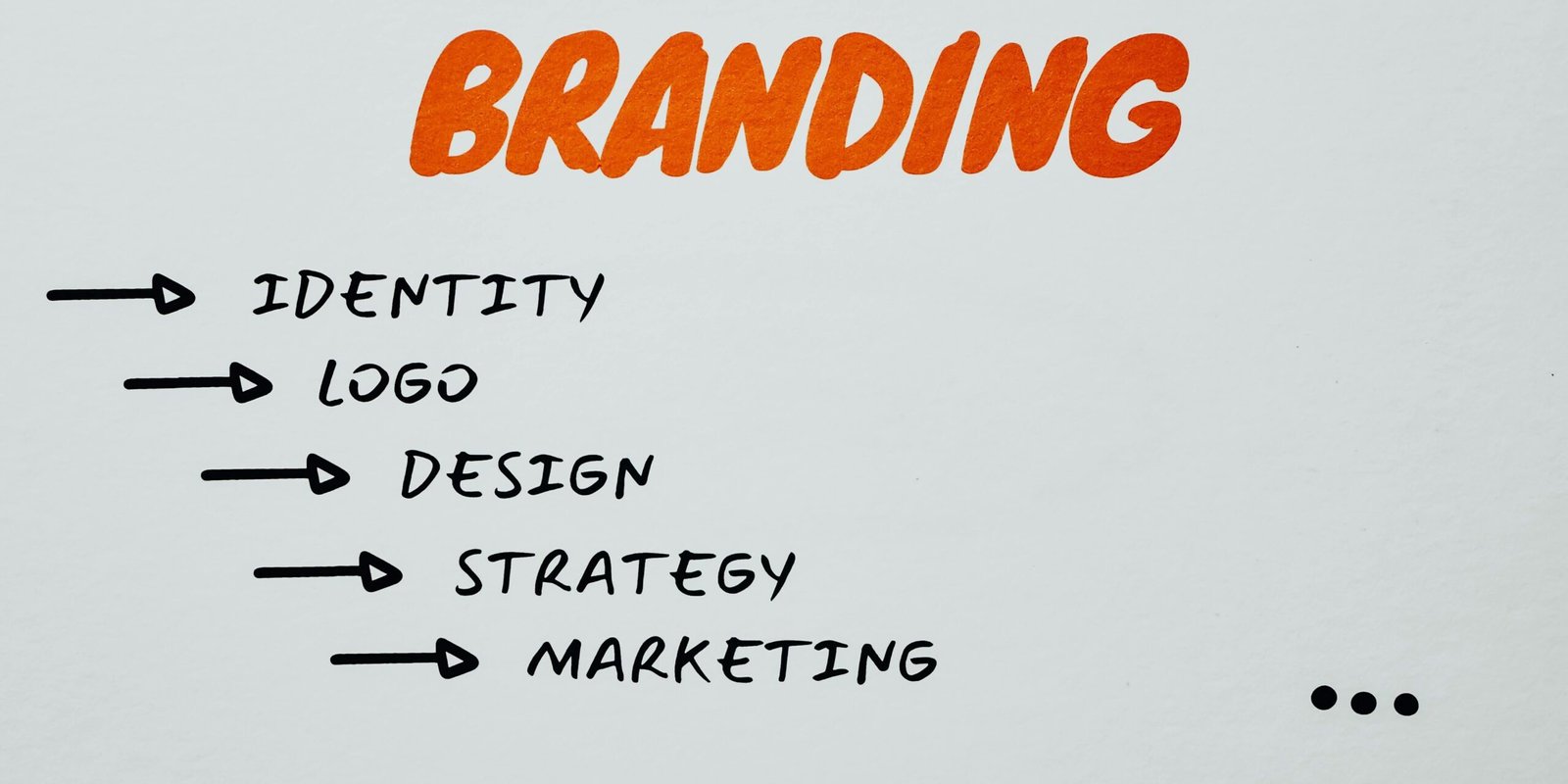How Long Do Background Checks Take
How Long Do Background Checks Take?
When applying for a job, renting a home, or even volunteering, you might be asked to undergo a background check. Understanding how long a background check takes is crucial for managing your expectations and ensuring a smooth process. In this comprehensive guide, we’ll explore the different types of background checks, the factors that influence their duration, and tips to expedite the process.
Types of Background Checks
Employment Background Checks
Employment background checks are the most common type. They typically include verification of work history, education, criminal records, and sometimes credit reports. Employers use these checks to confirm the accuracy of a candidate’s resume, assess their honesty, and ensure they are not a risk to the company. These checks can also include reference checks, drug tests, and checks for professional licenses. The complexity and depth of the check can vary depending on the position’s level of responsibility.
Criminal Background Checks
Criminal background checks focus on an individual’s criminal history and can be conducted at the county, state, and federal levels. They often include searching national criminal databases, sex offender registries, and terrorist watch lists. The duration of these checks can vary based on the jurisdiction and the comprehensiveness required. Employers, landlords, and volunteer organizations use these checks to ensure the safety and security of their environments.
Credit Background Checks
Credit background checks are used primarily by landlords and financial institutions to assess an individual’s financial responsibility. These checks provide insight into credit history, including credit score, outstanding debts, and payment history. They help determine if a person is financially stable and reliable, especially in roles that involve handling money or sensitive financial information.
Education and Credential Verification
Employers and organizations may verify the educational qualifications and professional credentials of candidates to ensure they meet the necessary requirements for a position. This verification process includes confirming degrees, certifications, and professional licenses. It also involves checking the legitimacy of the institutions attended. This step is crucial for positions that require specific academic qualifications or specialized training.
Driving Record Checks
For positions that involve driving, a check of the candidate’s driving record is often required. This check ensures the candidate has a clean driving history, which is crucial for roles such as delivery drivers, commercial vehicle operators, and any position requiring regular travel. The driving record check includes reviewing traffic violations, accidents, license suspensions, and any DUI offenses.
Factors Affecting the Duration of a Background Check
Type of Check Being Conducted
Different background checks have varying timelines. A simple criminal background check might be completed within a few hours, while a comprehensive employment background check could take several days. The nature and extent of the check dictate how long it will take. For instance, verifying educational qualifications may involve reaching out to multiple institutions, which can extend the timeline.
Jurisdiction and Geography
The location of the records can significantly impact the duration of a background check. Some counties or states may have faster processing times due to more efficient systems, while others might take longer because of less advanced record-keeping practices. International checks can further complicate and lengthen the process due to different regulations and procedures in each country
Depth of the Check
The more thorough the background check, the longer it typically takes. A basic background check might only take a day or two, but a more detailed investigation involving multiple sources and verifications, such as reference checks and professional license verifications, can extend the timeline. Comprehensive checks are often required for high-level positions or roles with significant responsibilities.
Accuracy of Provided Information
Providing accurate and complete information can significantly speed up the background check process. Inaccuracies or missing information can cause delays as the provider may need to verify or correct these details. Ensuring that all submitted information is up-to-date and correct is crucial for a timely check.
Volume of Requests
The time of year and the volume of background check requests can also impact how long it takes. For example, during the holiday season or peak hiring periods, background check providers might experience higher volumes, slowing down the process. Planning ahead and submitting requests early can help mitigate delays caused by high demand.
Average Timeframes for Different Background Checks
Instant Background Checks
Some services offer instant background checks that can be completed in a matter of minutes. These checks typically use automated systems to quickly scan available public records. While they provide immediate results, they are often less comprehensive and may not be suitable for all purposes, such as detailed employment screenings or high-security positions.
Same-Day or Next-Day Background Checks
Many employers and rental agencies use services that promise same-day or next-day results. These services strike a balance between speed and thoroughness, offering more reliable results than instant checks. However, they may still lack the depth required for positions needing extensive background information, such as high-level executive roles or positions involving sensitive data.
Standard Background Checks
A standard background check usually takes between one to five business days. This timeframe allows for a thorough investigation without unnecessary delays. Standard checks typically include criminal history, employment verification, and educational background. They are suitable for most routine employment screenings and tenant checks.
In-Depth Background Checks
More comprehensive checks, such as those involving federal records, multiple jurisdictions, or extensive employment verification, can take anywhere from one week to several weeks. These checks are often necessary for high-security positions, government roles, or jobs requiring access to sensitive information. The extended timeframe allows for detailed verification and cross-referencing of information from various sources.
Steps in the Background Check Process
-
Initial Request and Authorization
The process begins when the employer, landlord, or organization requests a background check and the individual provides consent. Consent is typically obtained through a signed authorization form, which is required by law to ensure privacy and transparency. This step is crucial as it sets the legal foundation for conducting the background check.
-
Information Collection
The background check provider collects relevant information from various sources, including criminal databases, credit bureaus, and educational institutions. This step involves gathering data such as criminal records, credit history, employment records, and educational qualifications. The thoroughness of this collection phase determines the accuracy and reliability of the background check.
-
Verification and Analysis
Collected information is verified and analyzed for accuracy and completeness. This step may involve contacting previous employers, educational institutions, and other references to confirm details provided by the individual. The analysis also includes cross-referencing the data against various databases to ensure no critical information is overlooked.
-
Report Compilation
Once the information has been verified, a comprehensive report is compiled and delivered to the requesting party. The report includes all relevant findings, such as criminal records, employment history, educational qualifications, and any discrepancies found during the verification process. This final report is used by employers, landlords, or organizations to make informed decisions.
Tips to Expedite a Background Check
Provide Accurate Information
Ensure all information provided is accurate and complete to help prevent delays caused by the need to verify or correct data.
Respond Promptly to Requests
If the background check company needs additional information or clarification, respond as quickly as possible to avoid delays in the verification process or the compilation of the report.
Follow Up
If you haven’t heard back within the expected timeframe, follow up with the requesting party or the background check provider to inquire about the status. Regular follow-ups can help identify and resolve any issues that might be causing delays.
Use Reputable Provider
Choose a reputable background check provider known for timely and accurate reports. Working with a reputable provider ensures a smoother and more efficient background check process.
Common Delays in Background Checks
Incomplete or Inaccurate Information
Missing or incorrect information can cause significant delays as the provider may need to verify or correct these details.
Manual Records Search
In some cases, records may need to be retrieved manually, especially in counties with less advanced digital systems, leading to longer processing times.
High Volume Periods
During busy times, such as the end of the fiscal year or during major hiring seasons, background check providers might experience higher volumes, slowing down the process.
Jurisdictional Variations
Different regions have different processes and timelines for providing information, which can lead to delays, especially if multiple jurisdictions are involved.
How to Prepare for a Background Check
Gather Documentation
Prepare all necessary documentation in advance, such as identification, proof of address, and employment records. Having these documents ready can help expedite the information collection process.
Check Your Records
Before a background check, it’s wise to review your own records. Check your credit report, driving record, and criminal history to ensure there are no surprises. Address any discrepancies or issues beforehand to avoid potential delays.
Inform References
Let your references know they might be contacted and ask them to respond promptly to inquiries. Providing your references with heads-up can ensure they are prepared and responsive, helping to speed up the verification process.
Legal Considerations
Data Protection Act, No 24 of 2019
Processing of data during background checks in Kenya is regulated by the Data Protection Act. In the United States, the FCRA regulates how background checks are conducted, ensuring accuracy, fairness, and privacy of information used.
Before conducting a background check, the requesting party must obtain written consent from the individual and disclose the intent to conduct the check. This requirement ensures transparency and allows individuals to be aware of the information being accessed.
If a decision is made based on the background check results, the individual must be informed and given the opportunity to dispute any inaccuracies. This process ensures fairness and allows individuals to correct any erroneous information that may affect their opportunities.
Conclusion
The duration of a background check can vary widely depending on the type, scope, and complexity of the check, as well as other influencing factors. On average, most background checks are completed within one to five business days, but some can take longer. By understanding the process and being prepared, you can help ensure a smooth and timely background check experience. Whether you’re an employer, landlord, or job seeker, knowing what to expect can make all the difference in navigating this essential step with confidence
- 59 views





